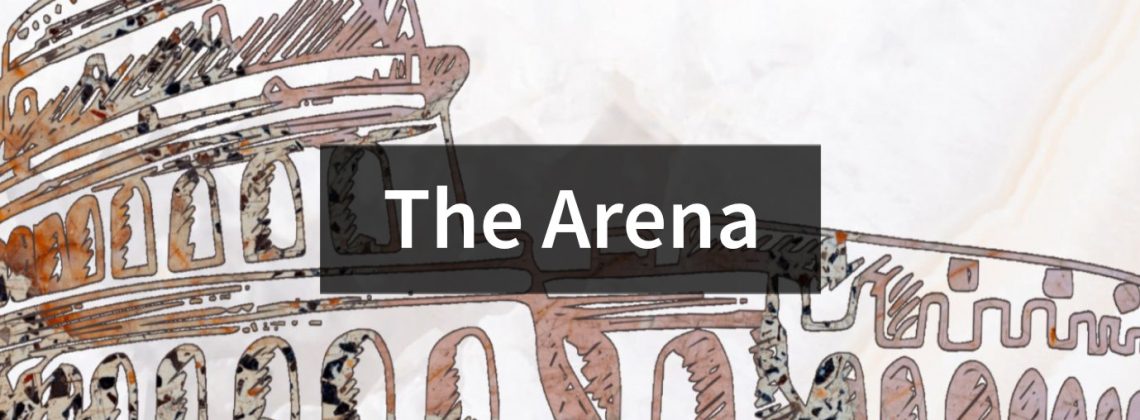

This week, John Haas takes over the Unicorn to offer a weekly roundup that includes sandwiches, wars old and new, and the Lewiston, ME shooting.
****
Talia Lavin turns her attention to the second-most humble of sandwiches (after PB&J, of course), and finds that it may be small, but it’s also perfect, and “how many of those are there?”
This is not a column where I will carp and complain—about air-fryer grilled cheeses, or fancy gourmet grilled cheeses, or Kraft-single grilled cheeses, or the proper application of butter, or the appropriate pan, or the degree and nature of the condiments. To me, each grilled cheese is enough, and more than enough. In this world so full of slaughter and fire, where doubt and monstrosity abound, this much is clear to me: the grilled cheese is a small and perfect thing. And how many of those are there?
So my position on the grilled cheese is unabashedly boosterish, and moreover, it is agnostic towards ingredients and provenance. To your grilled cheese you may add caramelized onions or avocado; bacon, turkey or ham; chutney or cornichons. Make it with Wonderbread or a freshly-baked eighteen-grain country loaf sourced from fields you cultivated yourself in a cantilevered sky-farm with the finest hydroponics. Add goat cheese or smoked gouda or aged cheddar or unidentified plasticine processed cheese product; heat it in a pan or over a flame, under a broiler, in a dutch oven, or with an acetylene torch. I do not care. You have composed something perfect with your own hands. You have made something that will warm and satisfy you. You have, for a small moment, partaken of the act of creation that grants the human animal its sliver of divinity. You have done so by means of the grilled cheese sandwich.
__________________________________________________
A fascinating interview with Dominique De Villepin, the French diplomat, about Israel-Gaza. (Translation by Arnaud Bertrand.) A taste:
When you get into this cycle of finding faults, one side’s memories clash with the other’s. Some will juxtapose Israel’s memories with the memories of the Nakba, the 1948 catastrophe, which is a disaster that the Palestinians still experience every day. So you can’t break these cycles. …
… diplomacy is about being able to believe that there is light at the end of the tunnel. And that’s the cunning of history; when you’re at the bottom, something can happen that gives hope. After the 1973 war, who would have thought that before the end of the decade, Egypt would sign a peace treaty with Israel?
****
A story from an old war, reminding us that light still shines no matter the darkness.
Milan Hucko understood why his aunt begged his father to stop hiding the Jews. The anti-Nazi uprising in Slovakia was failing, and the occupying German army was a constant presence in his village. Everyone knew the penalty for hiding Jews: The invaders or their collaborators would kill you and your entire family. “I can understand, not everyone was willing to die,” Milan says. Milan was 14 in the summer of 1944, when his family hid my grandfather from the Nazis. …
Wars are propelled by an internal logic that becomes nearly impossible, and often actively dangerous, for the people caught up in them to reject. Ancient hatreds bubble to the surface. Lost territory must be reclaimed, old insults avenged. Crippling poverty, a changing world, dwindling resources, a rising demagogue—all can push entire populations to a violent breaking point. Not everyone, though, is willing to go along. Who has not asked themselves what they would do in such a situation? Who has not told themselves, or hoped, that they would be one of the few to resist the madness?
****
Lastly, 10 year-old Zoey Levesque, who was shot while bowling in Lewiston, Maine, asks a good question:
Like, it is something that you think never would happen. I never thought I’d grow up and get a bullet in my leg. Why? Like, why do people do this?